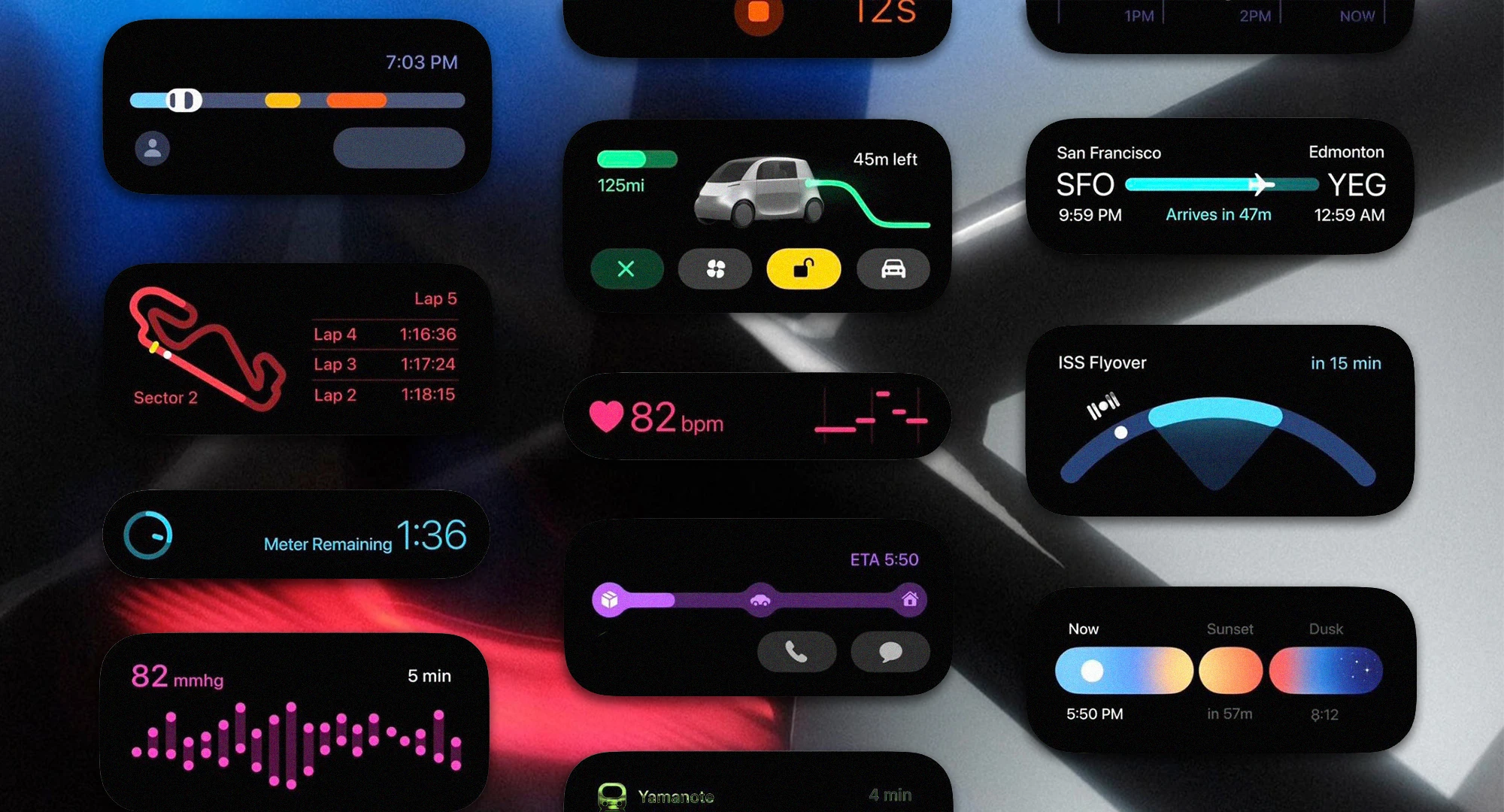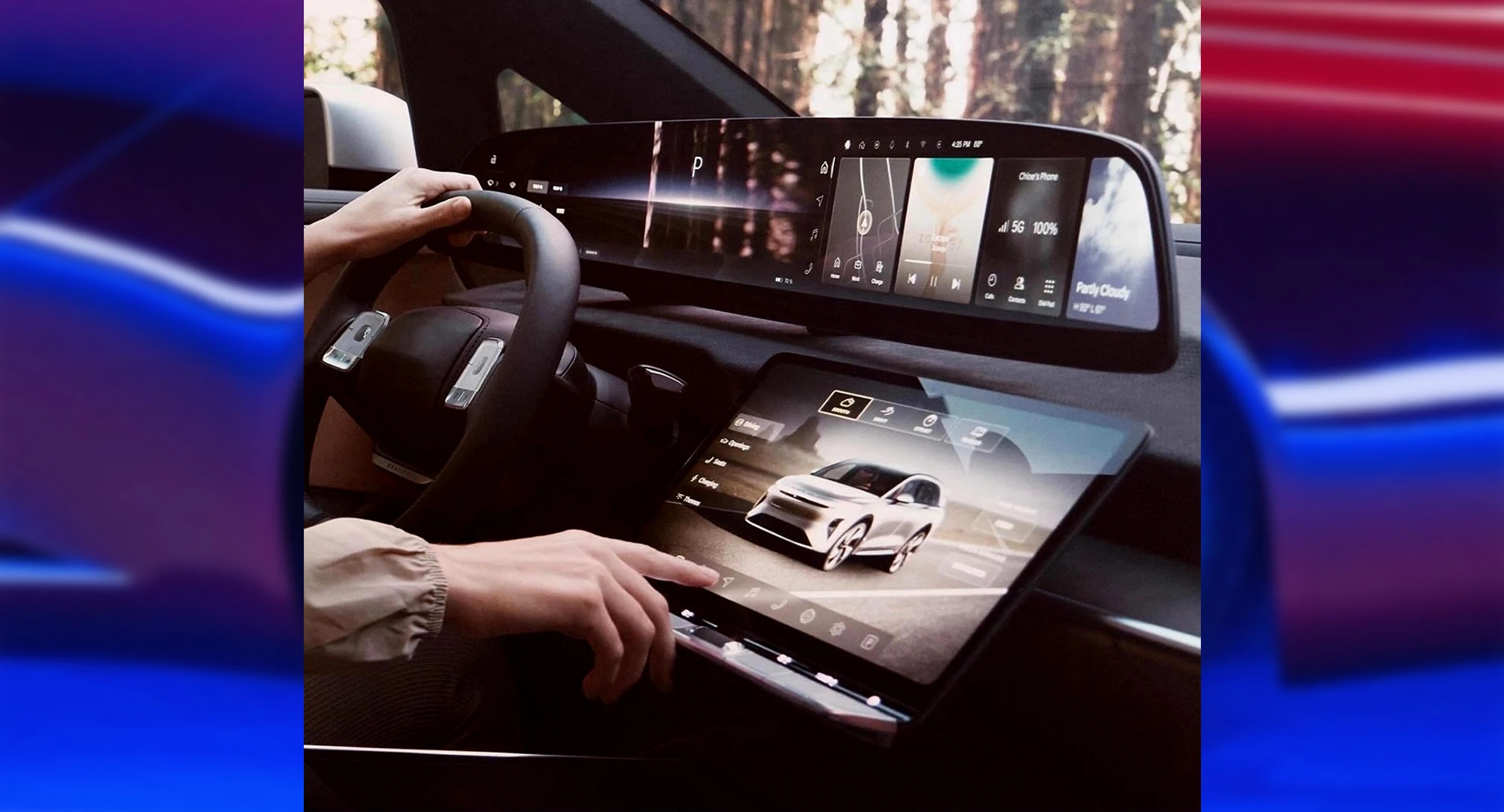
Luxury eCommerce: Reshaping through Digital in 2023
Let’s kickstart the conversation and design stuff people will love.

As big as the push to eCommerce has compelled brands to Bergord Goodman, Saks, and Nordstrom as their distributor partners, only a quarter of brands have partnered with Amazon.
Despite what most presumed would be a surge of new distributor partnerships with the biggest online retailer in the world, brands are not caving to Amazon. Among the most recognizable brands shying away from the retail giant is LVMH, parent company to luxury brands Louis Vuitton, Fendi, Sephora, and others, who has sworn to never work with Amazon on the basis that it believes is “severely disrupting the luxury and fashion industry.”
Other luxury brands like Burberry and Gucci are going their own way to control every aspect of their eCommerce strategy going forward, allowing them the flexibility to adjust for any changes across the customer journey more than they could by partnering with a third-party seller.
Burberry, specifically, has earned recognition for its success in assembling its online channels to become a dominant player in eCommerce without compromising its luxury positioning: something the more traditional high-end names feared would be the case with eCommerce increasing accessibility and diminishing the aura of exclusivity. Through the thoughtful implementation of services that aid in the user experience such as its multiple return and fulfillment capabilities and friendly user interface (UI), Burberry is only adding to the successes of its digital marketing and advertising strategy.
As of November 2020, Burberry boasts 348,000 subscribers on its YouTube channel, 17.6 million followers on Instagram, and owns a top-five mobile web site with an intuitive web design and strong performance display ads that do not detract from the user experience.
When it comes to Gucci, being an early adopter of eCommerce certainly helped the Kering brand learn how to adapt to bring the same level of exclusivity to its online experience as it long had to people in its physical stores. Right now, Gucci’s digital innovation is paying off handsomely. In terms of digital users, millennials and Generation Z are the most powerful consumers. And it just so happens that millennials and Generation Z make up almost half of Gucci’s total sales.
Gucci’s reach to this young demographic doesn’t just stop with its incredibly well-made eCommerce site. With the launch of Gucci Equilibrium—the brand’s eco-friendly initiative—Gucci highlights its involvement in social and environmentally conscious initiatives, something millennials and Generation Z like to very much keep in mind when they choose their brands with their dollars.
But it’s not just Burberry or Gucci that’s enjoying a good reign online. According to L2’s Digital IQ Index, the top ten performers online included Coach, Ralph Lauren, Tory Burch, and Kate Spade.
Ralph Lauren is particularly optimistic about its “Way Forward” plan to improve the brand’s efficiency and increase its sales, all while adopting a digital transformation that seems more and more likely every day as the way to fittingly move forward. And it seems Ralph Lauren is certainly reaping from its initiative; the brand’s fiscal earnings report it is meeting net revenue goals outlined in its plan, reporting $1.8B in net profits in 2017 Q2.
And while these digital spurrings have certainly helped the most successful luxury brands taking advantage of the trend online, they all must do more to rethink current distribution channels and their product offerings. Adopting more ways in which the user experience could benefit is one thing luxury brands can do now in the most disruptive time for eCommerce competition.
In recent months, luxury brands who were slow to embrace eCommerce have now made their online channels a bigger priority, making time of the essence for everyone in the luxury space who has not yet thought about their digital transformations. Perhaps its the recognition that 2020 has seen a dramatic shift in consumer behaviors out of necessity that makes action today crucial for luxury brands, where no longer can they ignore the importance of being online and doing it well.
Such a shift in a relatively swift time will surely make for an interesting time to see how the luxury market chooses to embrace a digital transformation.






%20(1).png)




